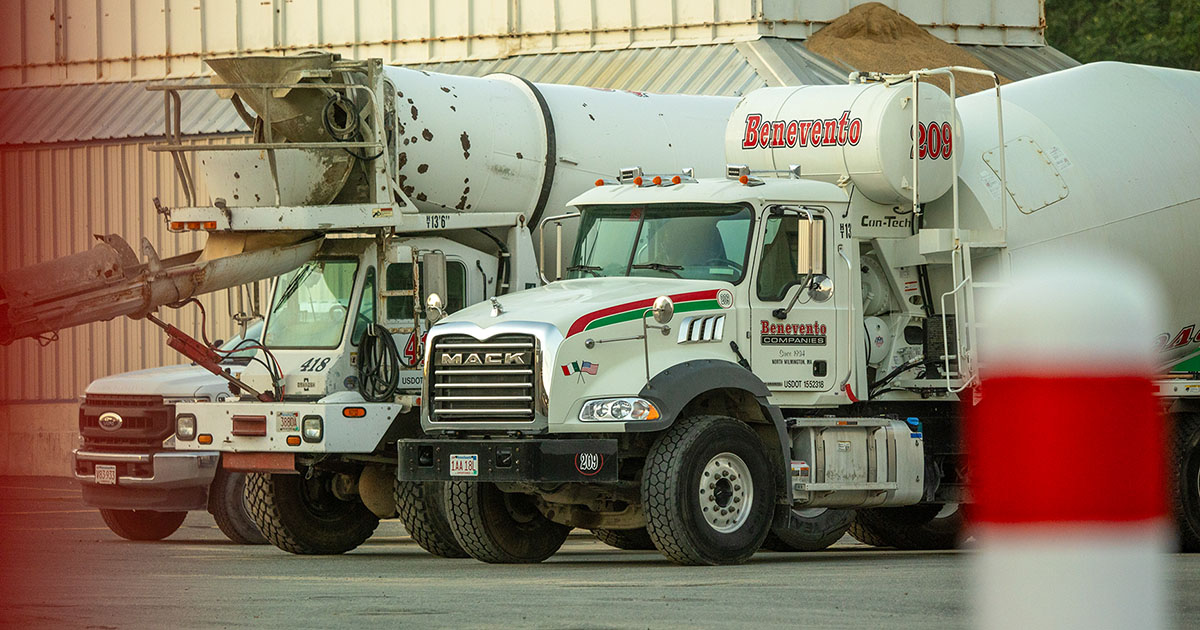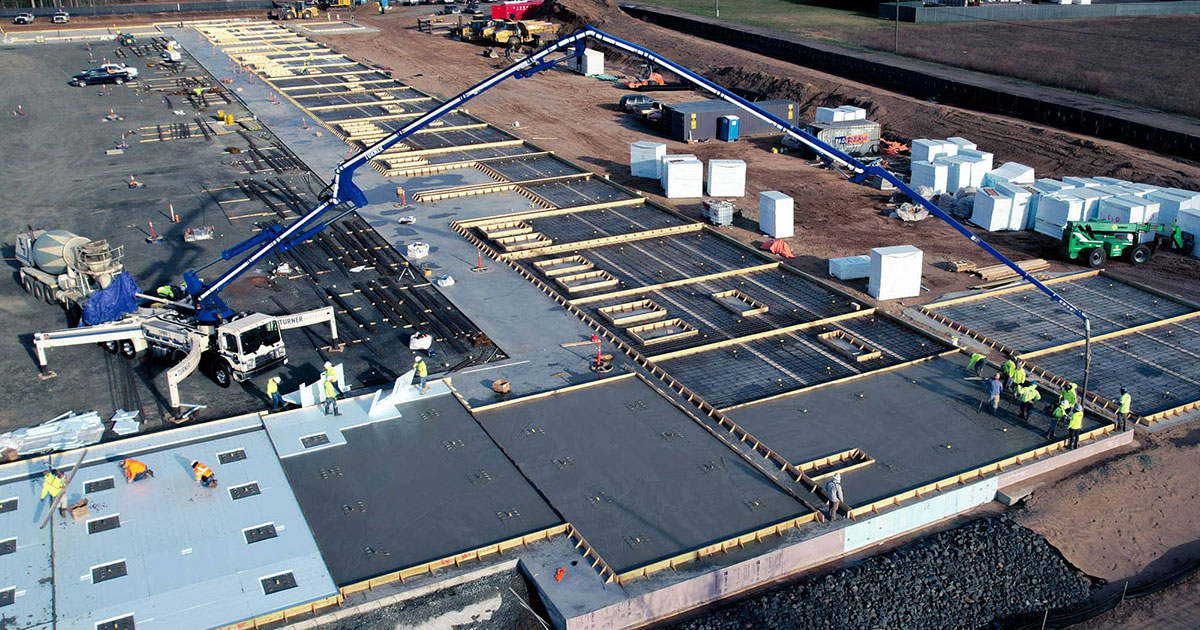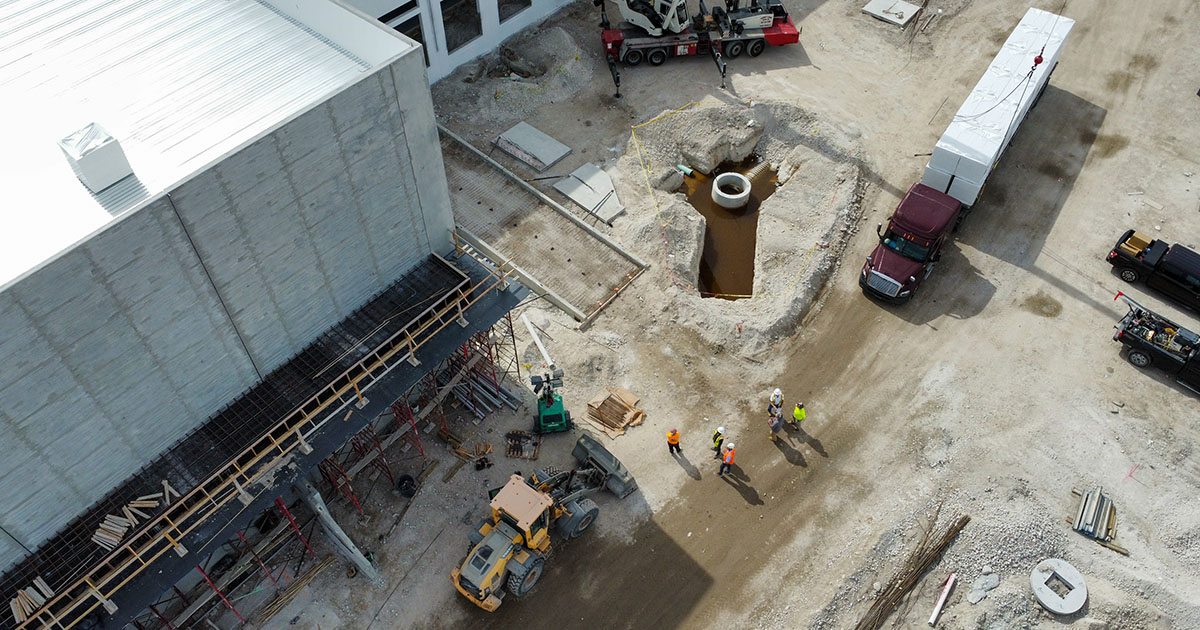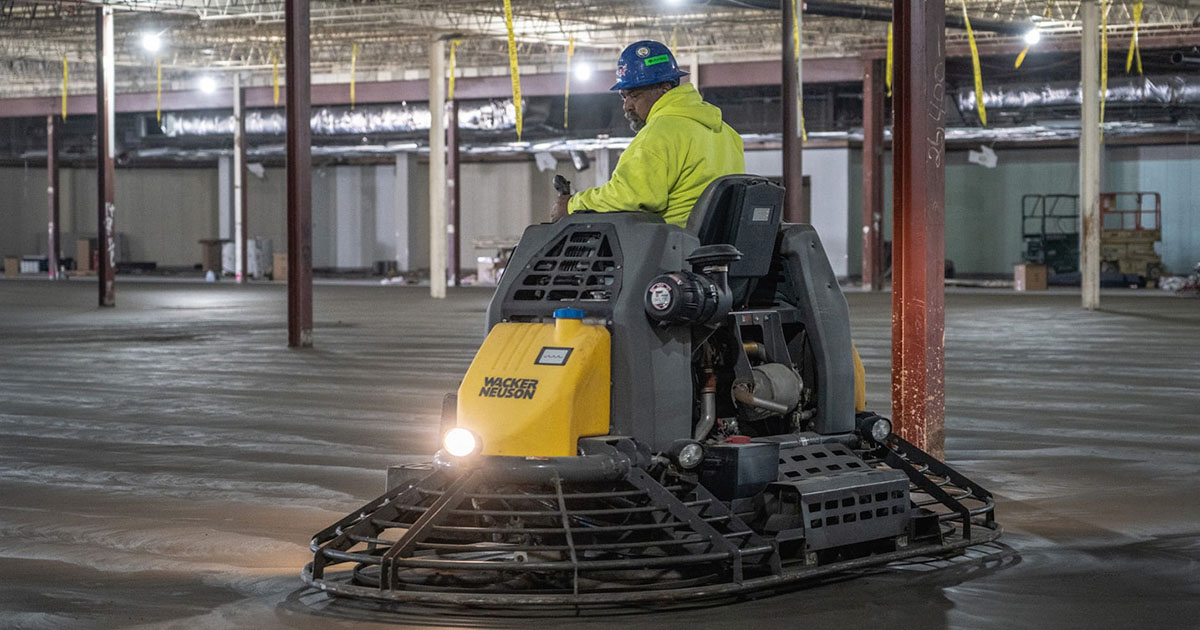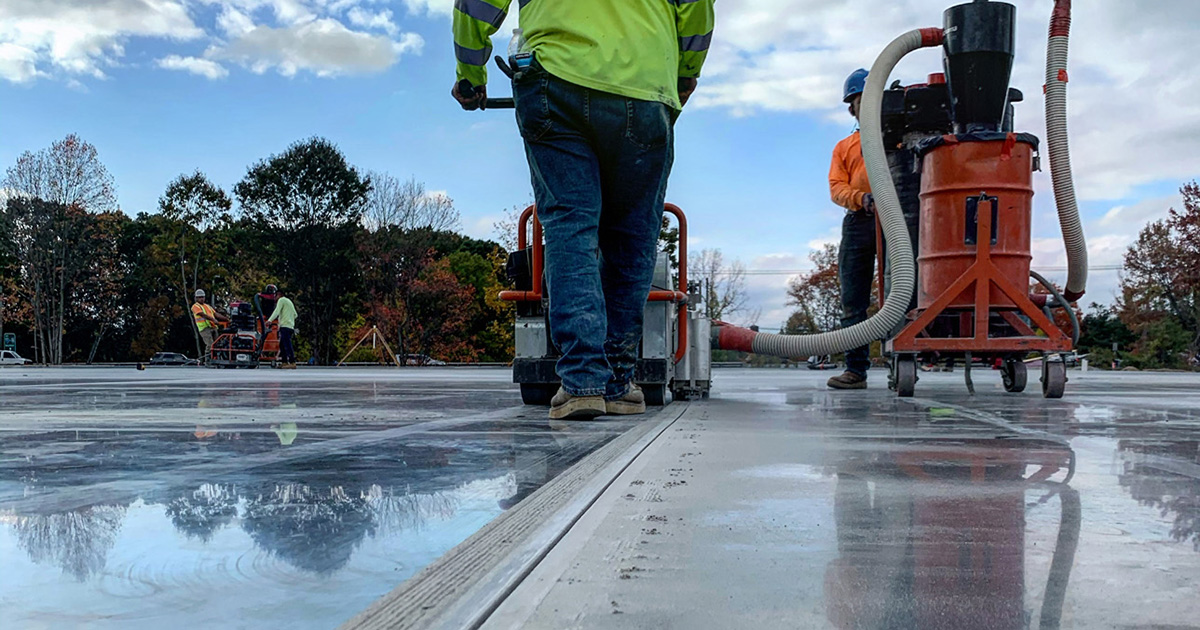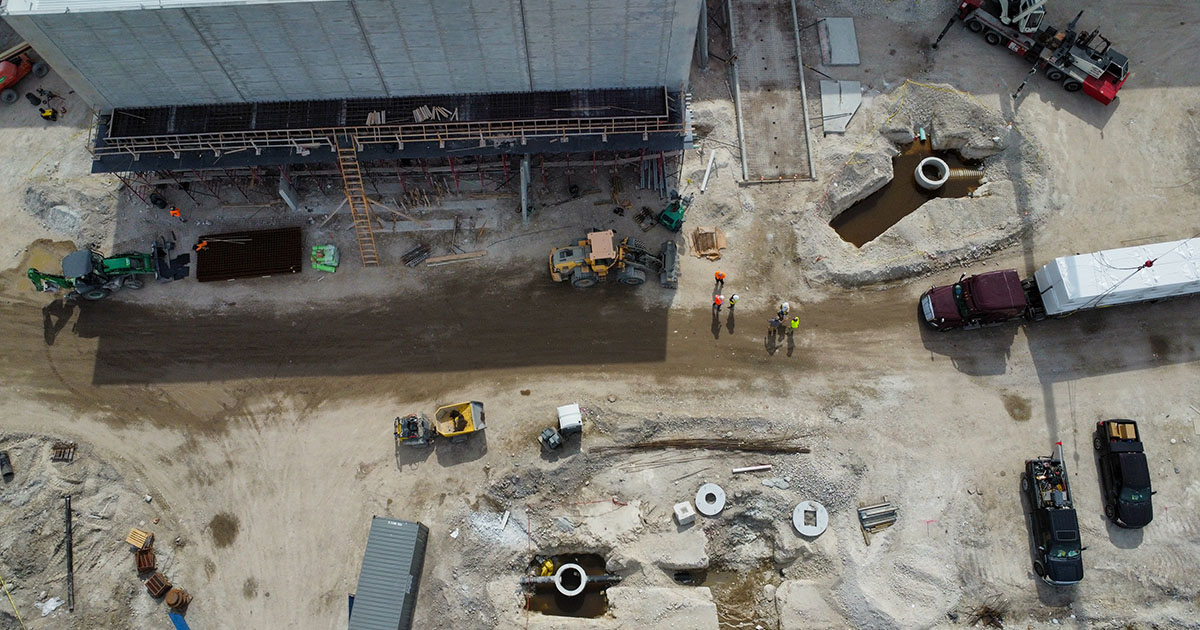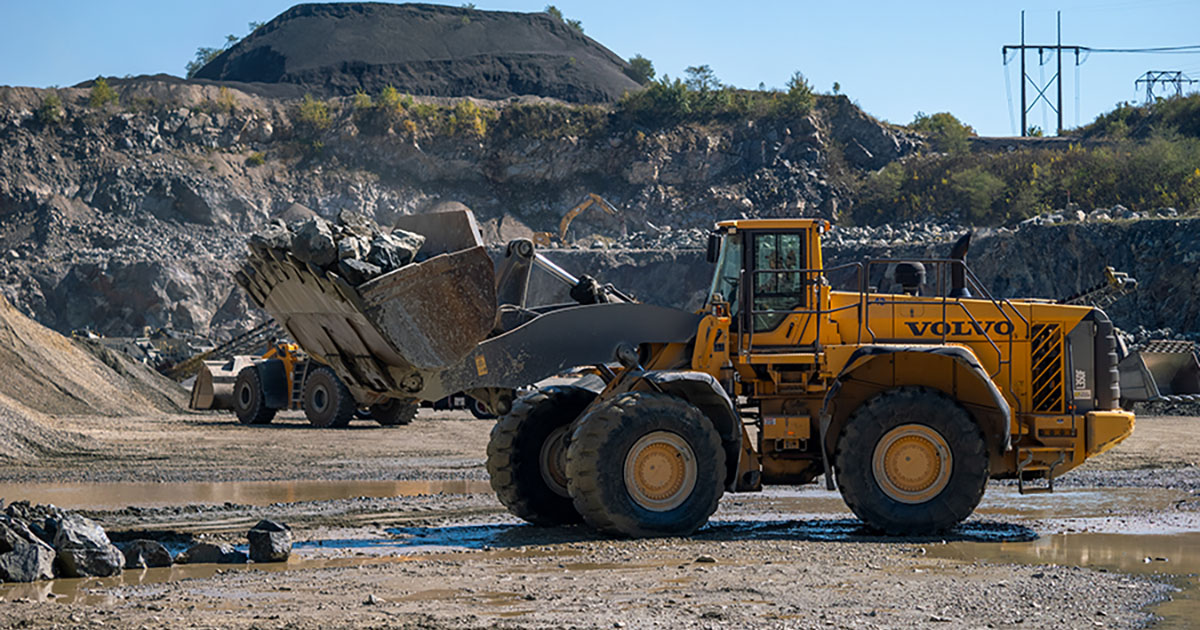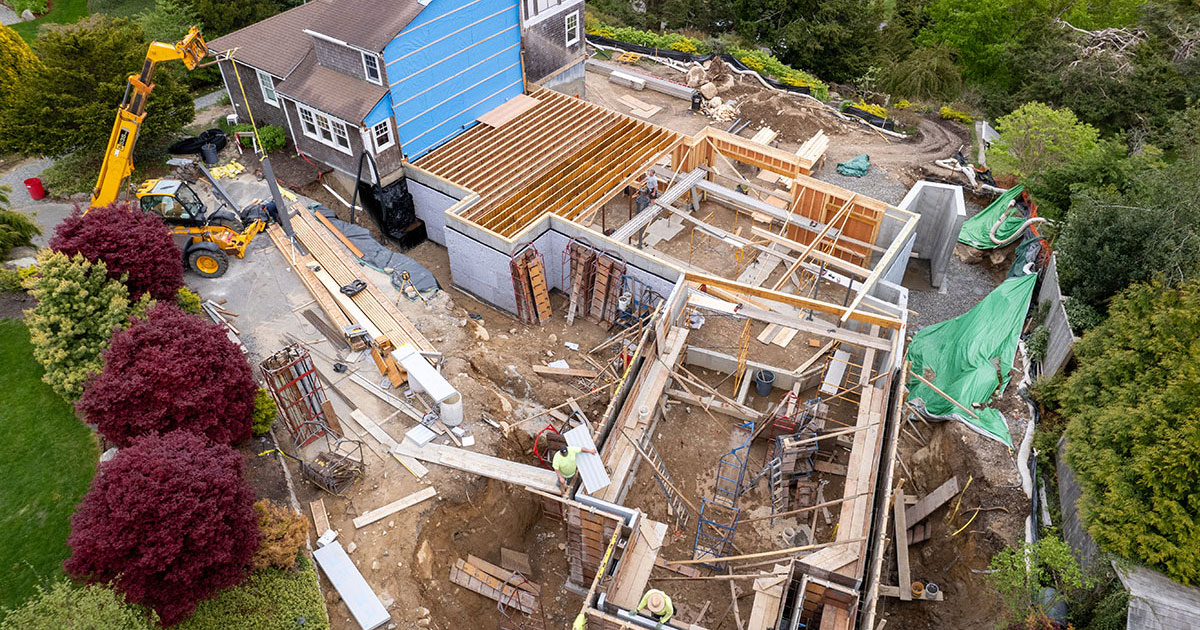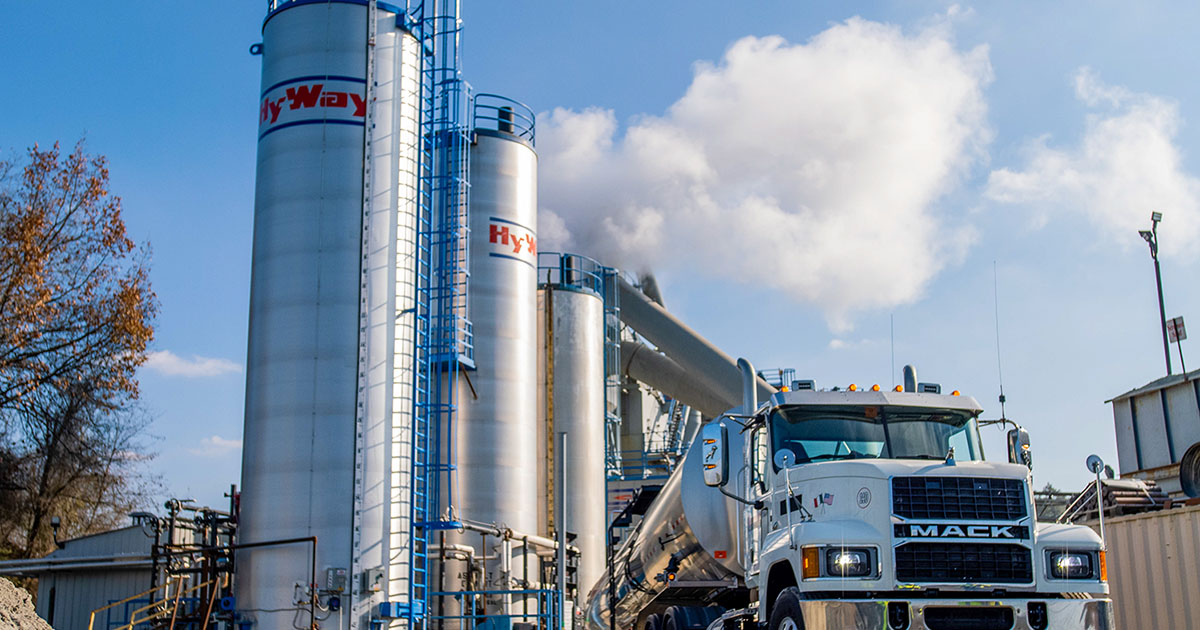
Expert Construction Company Web Development
For construction companies, a professionally developed website is a powerful tool to attract new clients, showcase projects, and communicate expertise. As more clients turn to online searches to find reputable contractors and service providers, construction company web development has become essential. A well-designed website not only establishes credibility but also provides a seamless experience for visitors, making it easier to generate leads and grow your business.
In this article, we’ll explore key strategies for building an effective website for construction companies, including essential features, content, and SEO practices that enhance online presence and drive client engagement.
1. Why Web Development is Essential for Construction Companies
A well-designed website acts as the online headquarters for your construction business, helping clients find and trust your services. In an industry where reputation and project portfolios are key, web development offers construction companies the ability to communicate credibility, share information, and attract qualified leads.
Key Benefits of Professional Web Development:
- Enhanced Brand Credibility: A modern, professionally developed website establishes trust with visitors, reassuring them of your expertise.
- Lead Generation: A website that’s optimized for search engines and user experience helps you reach more potential clients.
- Showcase of Capabilities: Through project galleries, service descriptions, and case studies, a website highlights your company’s strengths and experience.
A robust online presence helps position your construction company as a leader in your market, attracting clients and partners who value professionalism and transparency.
2. Essential Features for a Construction Company Website
An effective website should be more than visually appealing; it needs to deliver a seamless experience, guide visitors toward important information, and encourage inquiries.
Key Features to Include:
- Service Pages: Each service your company offers, from general contracting to specialized construction, should have a dedicated page. Describe what each service involves, who it benefits, and the expertise you bring.
- Portfolio and Case Studies: Showcase past projects with high-quality images, descriptions, and any specific challenges you overcame. Case studies offer potential clients insight into your process and results.
- About Us Page: Include company history, mission, and values. Potential clients want to know who they’ll be working with, so share information about your team and your commitment to quality.
- Contact Information: Ensure your contact page is easily accessible, with a form, email address, and phone number. For local SEO, include a map and list service areas clearly.
These features create a user-friendly experience that builds credibility and gives visitors the information they need to make an informed decision.
3. Prioritize Mobile-Friendly and Responsive Design
With more people browsing on mobile devices, a responsive design is essential. A website that’s optimized for mobile adapts to various screen sizes, ensuring your site is accessible and easy to navigate on smartphones and tablets.
Mobile Optimization Tips:
- Responsive Layouts: Choose a layout that automatically adjusts to different screen sizes. Responsive designs improve user experience and contribute positively to SEO.
- Simple Navigation: Use drop-down menus and clear labels so users can easily navigate your site on smaller screens.
- Fast Loading Times: Optimize images and use compressed files to ensure fast loading speeds on mobile devices, which is critical for user retention and search rankings.
A mobile-friendly website shows clients that your company values accessibility and keeps pace with modern technology, improving the likelihood of lead generation and engagement.
4. Incorporate SEO Best Practices for Visibility
A well-developed website needs to be optimized for search engines to drive traffic. SEO (Search Engine Optimization) helps your website rank higher in search engine results, making it easier for potential clients to find your construction services.
Key SEO Tactics for Construction Company Websites:
- Keyword Optimization: Use construction-specific keywords, such as “general contractor,” “residential construction,” and “commercial renovations,” in meta titles, descriptions, and headings.
- Local SEO: Optimize for location-based searches by including local keywords (e.g., “commercial construction in Houston”). Ensure consistent NAP (Name, Address, Phone Number) across your website and online directories.
- Meta Descriptions and Titles: Each page should have a unique, keyword-rich meta title and description that summarizes the page content.
- Internal Linking: Link related pages within your site to keep visitors engaged and guide them through your services, project portfolio, and blog.
By following these SEO best practices, you’ll improve your site’s visibility and attract clients who are actively searching for construction services in your area.
5. Create High-Quality, Industry-Specific Content
Content is essential for driving traffic and engaging visitors. Publishing valuable content about construction trends, company updates, and industry insights establishes your company as a thought leader and builds trust with potential clients.
Types of Content to Include:
- Blog Posts: Write about topics that interest potential clients, such as “What to Look for in a Commercial Contractor” or “Top Construction Trends of [Year].” Blog posts improve SEO and help educate visitors.
- Service-Specific Content: Provide detailed descriptions of your services, including the benefits of each and the steps involved. Explain how you handle unique projects or challenging environments.
- Project Case Studies: Share project success stories, describing the client’s requirements, challenges you faced, and how your team delivered the solution.
- FAQs Section: Include a frequently asked questions section to address common client inquiries, such as pricing, timelines, and materials. FAQs improve user experience and keep visitors on your site longer.
By publishing relevant, engaging content, you demonstrate your expertise and provide value to visitors, which can boost conversion rates and improve SEO.
6. Optimize for Lead Generation with Strategic CTAs
Your website should make it easy for clients to take the next step. Using calls-to-action (CTAs) strategically encourages visitors to request quotes, contact you, or learn more about your services.
Effective CTAs for Construction Websites:
- “Get a Free Estimate”: A prominent CTA inviting clients to request an estimate or consultation makes it easy for them to start the conversation.
- “Contact Us for More Information”: Include contact CTAs on every service page to prompt visitors to inquire about specific offerings.
- “Explore Our Projects”: Direct visitors to your portfolio or case studies to show them real-world examples of your work.
- “Join Our Team”: If you’re recruiting, include a CTA on your Careers page that encourages skilled professionals to apply.
Well-placed CTAs guide visitors toward taking meaningful actions that lead to inquiries, consultations, or direct hiring.
7. Highlight Testimonials and Client Reviews
Social proof is essential in the construction industry, where clients value reliability and quality. Including testimonials and reviews from satisfied clients builds trust and reassures potential clients of your company’s credibility.
Tips for Displaying Testimonials:
- Client Quotes: Include written testimonials with client names and, if possible, project details to add authenticity.
- Video Testimonials: Video reviews from past clients can make a powerful impact, adding a personal touch and showcasing your professionalism.
- Third-Party Reviews: Display reviews from Google My Business or other trusted platforms to give clients a well-rounded view of your reputation.
Adding testimonials strengthens credibility, making clients more likely to contact your company for their construction needs.
8. Ensure Security with HTTPS and Regular Updates
Online security is essential for maintaining client trust and protecting your website from breaches. Ensuring HTTPS encryption and regular updates is crucial for the safety and integrity of your site.
Security Practices for Construction Websites:
- Use HTTPS: Enable HTTPS encryption to secure the data transmitted between your website and visitors. HTTPS improves security and can also benefit SEO.
- Regular Updates: Keep your website platform, plugins, and themes up-to-date to reduce vulnerability to cyber threats.
- Backups: Regularly back up your website to protect your data and allow for a quick recovery in case of an issue.
By prioritizing security, you reassure clients that their information is safe, further establishing trust in your construction brand.
9. Track Performance with Analytics
Once your website is live, tracking its performance through analytics helps you understand what’s working and where there’s room for improvement. Analytics give you insights into user behavior, popular pages, and the effectiveness of your SEO efforts.
Key Metrics to Track:
- Traffic Sources: Identify where your visitors are coming from (organic search, social media, or referrals) to understand which channels drive the most engagement.
- Conversion Rate: Track the number of visitors who complete actions like requesting a quote or filling out a contact form. High conversion rates indicate effective CTAs and user experience.
- Bounce Rate: A high bounce rate could mean visitors aren’t finding what they need or that the page needs optimization. Identify pages with high bounce rates and work on improving content or layout.
- Popular Pages: See which pages attract the most visitors, helping you determine which content resonates most with potential clients.
- Visitor Flow: Understand how users navigate your site to identify where visitors might be dropping off, allowing you to refine the layout and content to keep them engaged.
With data-driven insights, you can make ongoing adjustments that keep your website performing well and aligned with your business goals.
10. Integrate Interactive Features for Enhanced Client Engagement
Interactive elements on your website can make it more engaging and help visitors better understand your services, projects, and capabilities. These tools allow potential clients to interact with your site in a meaningful way, which can increase engagement and encourage them to explore further.
Examples of Interactive Features:
- Cost Estimator Tool: Allow visitors to input project details (e.g., size, materials, type of construction) to receive a preliminary estimate, encouraging them to reach out for a detailed quote.
- Project Timelines: Use interactive timelines to demonstrate typical project stages, from initial consultation to completion. This can help set realistic expectations and showcase your planning expertise.
- 360-Degree Virtual Tours: Provide immersive, 360-degree tours of past projects, allowing visitors to explore your work in detail. This can be especially powerful for high-profile or large-scale projects.
These interactive features can not only engage visitors but also provide them with a clearer understanding of your process, making them more likely to inquire about your services.
11. Develop a Resource Library with Downloadable Content
Creating a resource library with downloadable guides, checklists, and eBooks can be an effective way to provide additional value to your visitors while capturing lead information. This content positions your company as an expert in the field and can also serve as a lead generation tool by requesting contact information in exchange for downloads.
Resource Ideas:
- Project Planning Guides: Offer guides on planning commercial or residential construction projects, including budgeting and timelines.
- Construction Glossary: A downloadable glossary of construction terms can help clients understand industry-specific language, enhancing their experience on your site.
- Client Case Studies: Provide in-depth case studies of successful projects in a downloadable format, showcasing your expertise and results.
A resource library not only demonstrates your expertise but also helps capture leads from clients who are researching construction projects.
12. Add a Careers Section to Attract Talent
A strong website can be a powerful recruitment tool. Adding a careers section can help you attract qualified professionals who want to join a reputable company. A well-organized careers page highlights job openings, benefits, and company culture, making it easier for candidates to see why they should work with you.
Effective Careers Page Elements:
- Open Positions: List current job openings, each with a clear job title, description, required skills, and experience.
- Company Culture and Values: Share details about your company’s mission, values, and team environment. Include photos of team events or testimonials from current employees.
- Simple Application Process: Make it easy for applicants to apply, either through a direct online application form or by uploading their resume.
This section not only aids in recruiting but also communicates your commitment to fostering a positive work environment, which can appeal to both clients and potential employees.
13. Highlight Sustainability and Green Building Practices
Sustainability is increasingly important to clients, especially in the construction industry. Showcasing your commitment to environmentally friendly building practices can help you attract clients who prioritize eco-friendly and energy-efficient solutions.
Ways to Emphasize Green Practices:
- Dedicated Sustainability Page: Create a page focused on your green building practices, including the use of sustainable materials and energy-efficient designs.
- Eco-Friendly Certifications: Display any green certifications, such as LEED, and explain what they mean for clients interested in sustainable building options.
- Green Project Case Studies: Highlight specific projects where you employed eco-friendly techniques, materials, or energy-efficient solutions.
By emphasizing your commitment to sustainability, you not only differentiate yourself from competitors but also appeal to a growing market of eco-conscious clients.
14. Provide a FAQ Section to Address Common Client Questions
Including a Frequently Asked Questions (FAQ) section can improve user experience by addressing common concerns or questions clients may have about construction projects. This saves visitors time and reassures them about your expertise and transparency.
Questions to Address in a FAQ Section:
- Project Timeline Expectations: Outline typical project timelines and factors that might affect scheduling.
- Budgeting and Payment: Explain how budgets are determined, what payment options are available, and what clients can expect regarding cost changes.
- Permits and Regulations: Describe your process for handling permits and compliance with local regulations, which reassures clients about your professionalism and knowledge of local laws.
An FAQ section can help reduce client hesitation by providing clear answers and demonstrating your commitment to transparency and client education.
15. Emphasize Safety Standards and Certifications
For construction companies, safety is paramount. Highlighting your commitment to safety can build trust with clients and show that you prioritize the wellbeing of your team and clients alike. Including safety certifications and protocols communicates reliability and responsibility.
How to Showcase Safety Standards:
- Dedicated Safety Page: Create a page that details your safety certifications, training, and protocols. Mention any OSHA certifications or specific safety procedures your team follows.
- Case Studies Emphasizing Safety: In project case studies, include how you handled safety challenges or complied with strict regulations, especially for complex projects.
- Visual Safety Badges: Display safety certification logos and badges on your homepage and relevant service pages to instantly reassure visitors of your commitment to safe practices.
Emphasizing safety standards can reassure clients and improve your credibility, especially for clients undertaking large-scale or complex projects.
16. Implement Customer Relationship Management (CRM) Integration
Integrating a CRM system with your website can improve lead management, making it easier to follow up with potential clients and stay organized. A CRM system allows you to track interactions, manage leads, and streamline communication, ultimately improving conversion rates.
CRM Benefits for Construction Companies:
- Efficient Lead Management: Capture lead details and keep track of client communications in one central location, allowing you to nurture relationships effectively.
- Automated Follow-Up: Set up automated responses or follow-up reminders to ensure prompt communication with potential clients.
- Insights on Client Preferences: Use CRM data to personalize communications and better understand client needs.
CRM integration can enhance the customer experience, helping you build stronger relationships and improve your conversion rate.
Building a High-Impact Website for Construction Companies
In the construction industry, a professionally developed website is essential for showcasing expertise, attracting clients, and building brand credibility. By focusing on elements like responsive design, local SEO, high-quality content, and lead-generating CTAs, your construction company can create a website that not only drives traffic but also converts visitors into clients.
A well-designed website serves as a powerful marketing tool that strengthens your online presence, supports business growth, and positions your company as a trusted leader in the construction industry.

